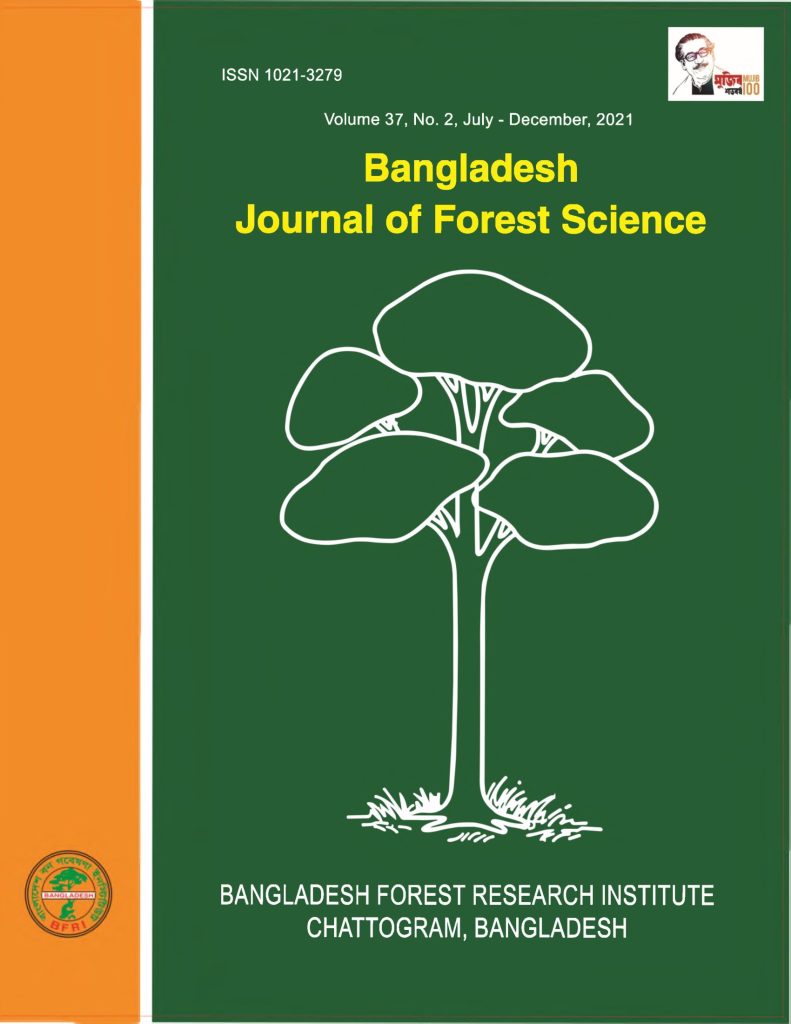Salicylic acid (SA) produced by different plant growth-promoting rhizobacteria (PGPR) is a key phytohoimone that regulates plant growth and defenses against pathogens. Pseudomonas aeruginosa UPMP3 and Burkholderia cepacia UPMB3 are the most important types of plant growth-promoting rhizobacteria isolated from oil palm rhizosphere. The aim of this study was to detect and optimize SA production by the two PGPR in vitro. Production of SA was extracted, purified, detected, confirmed and optimized from these two rhizobacterial strains through Thin Layer Chromatography analyses (TLC). Different parameters i.e. casamino acid, pH, temperature, static and shaken condition were considered to optimize the SA production. Salicylic acid production by the two strains was confirmed by TLC analyses, in which the Rf (Retention factor) value was 0.74 respectively that were matched with the authentic SA. Both of these Rhizobacterial strains produced SA, with a maximum yield of 16.29 and 11.13 pg/ml in casamino acids at a concentration of 0.50%, 13.13 and 10.11 pg/ml under pH 7.0, 13.14 and 10.34 pg/ml under 30°C temperature, 12.95 and 9.95 pg/ml at 150 rpm in shaking condition for 3 days incubation period respectively. Therefore, the present study indicates that the rhizobacterial strains P aeruginosa UPMP3 and B. cepacia UPMB3 have merits to be beneficial bacteria for the plant protection inducing defense mechanism.
Welcome to the Bangladesh Journal of Forest Science (BJFS) – a leading platform for advancing the knowledge and understanding of forest science in Bangladesh and beyond. Established with a commitment to excellence, BJFS serves as a cornerstone for researchers, practitioners, and enthusiasts dedicated to the sustainable management and conservation of forest ecosystems.



